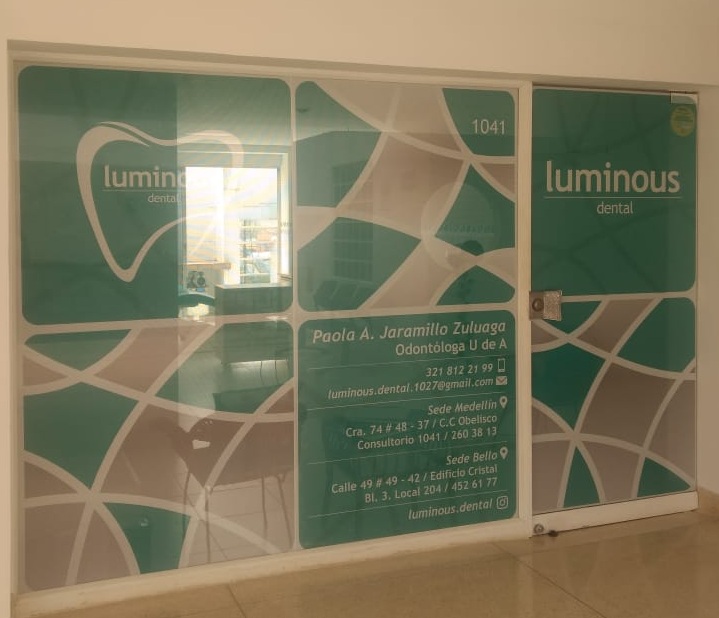


Synthesis seeks to reduce complexity in order to better understand it and/or solve problems. CT4 – Analysis and synthesis capacity: Analysis is the ability to break down complex situations into their constituent parts, while also evaluating other alternatives and perspectives in order to find optimal solutions.This involves assessing and understanding different points of view and adapting one’s own approach, depending on the situation. CT3 – Ability to adapt to new situations: Being able to work under various conditions, with diverse people and in different groups.CT2 – Self-reliance: Ability to assess one’s own results, performance and capabilities with the inner conviction that we are capable of handling challenges we are faced with.Ultimately, the autonomous student selects the best strategies to achieve their learning objectives. CT1 – Autonomous learning: Students are in the driving seat of their development, choosing the paths, strategies, tools and schedule they consider most effective in autonomous learning and implementing what they have learned.CB5 – Students must possess the necessary learning skills that will enable them to continue to study in a self-directed, autonomous way.They must be able to do so in a clear and unambiguous manner. CB4 – Students can communicate their conclusions-and the knowledge and rationale behind them-to audiences who may be both specialised and non-specialised in the area.CB3 – When faced with the difficulty of making tough decisions, students can apply what they know, and, when information is limited, they must take into account and apply the social and ethical responsibilities associated to the situation.CB2 – Students can apply the knowledge they have acquired and are able to solve problems in any new or unfamiliar situation which may arise within a broader or multidisciplinary context relating to their area of study.CB1 – Students possess the required knowledge and understanding that provides a basis or springboard for originality in the development and/or application of ideas, often in a research context.You can do them in any academic year, but keep in mind that internships are a formative complement to your studies therefore, the more knowledge you have acquired throughout your studies, the more you will benefit from the internship experience. If you want to take your work experience to the next level before finishing your university education, you can pursue an extracurricular internship. These internships are monitored by the company and the internship coordinator, and interim and final reports are prepared for evaluation. In order to complete curricular internships in companies, you will need to have 50% of the credits approved and to register the subject before starting your internship. There are two types of internships: curricular-which are included in your study plan-and extracurricular-which you can do on a voluntary basis. Acquiring experience after what you have learnt in your degree is the best way to enter the employment market. Internships are a key component of your training. Introduction to Clinical Practice on ChildrenĬOMMUNITY DENTISTRY AND PUBLIC ORAL HEALTHĭENTAL OFFICE ERGONOMICS AND ORGANIZATIONĪNOMALIES AND MALFORMATIONS IN THE DEVELOPMENT OF THE CRANIUM AND OROFACIAL AREA Introduction to Clinical Practice on Adults ANATOMY AND PHYSIOLOGY OF THE HUMAN BODY IĮpidemiology, Public Health and Applied Biostatisticsĭocumentation and Introduction to Research Methodology in DentistryĪnatomy and Physiology of the Human Body II


 0 kommentar(er)
0 kommentar(er)
